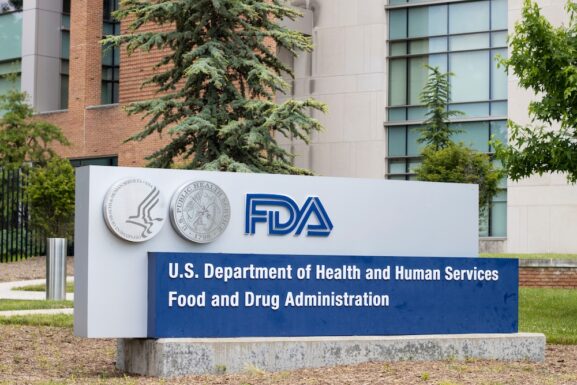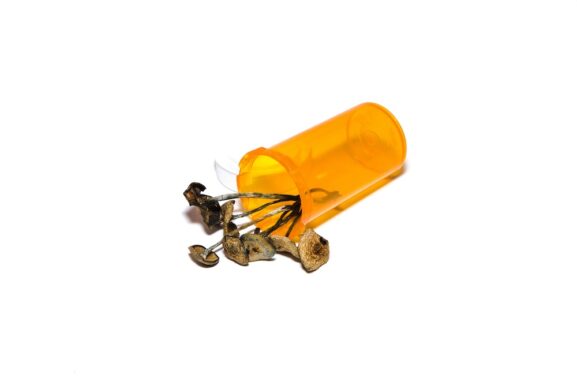Matching Psychedelics to Therapeutic Needs – Which One Is Right for You?
The growing interest in psychedelic-assisted therapy has sparked crucial questions about what makes it effective. A recent study published in the Journal of Psychopharmacology examines a key element of what makes a psychedelic effective for specific treatments.
New: Interested in Being Part of a Psychedelics-Focused Clinical Trial? Sign Up Here
The Study’s Core Findings
The study highlights the specific therapeutic benefits of different psychedelics, offering a nuanced view of their applications. For instance, psilocybin showed significant promise in treating depression and anxiety, particularly in patients with terminal illnesses. Its ability to disrupt entrenched thought patterns and foster emotional breakthroughs makes it effective for mood disorders.
MDMA, on the other hand, demonstrated unparalleled success in addressing PTSD. By increasing feelings of trust and emotional safety, it helps patients confront and process traumatic memories. For those battling treatment-resistant depression or acute suicidality, ketamine emerged as a rapid-acting option, altering brain chemistry to provide immediate relief. Each substance’s unique interaction with brain pathways and emotional states underscores the importance of matching the right psychedelic to the patient’s specific needs.
Looking for treatment? Find ketamine clinics closest to you as well as other psychedelic therapies in your area.
Here’s a breakdown of commonly studied psychedelics and their primary therapeutic uses
| Psychedelic | Best for Treating | Why It Works |
|---|---|---|
| Psilocybin | Depression, anxiety, PTSD | Facilitates profound emotional experiences and self-reflection; reduces activity in the brain’s default mode network (DMN). |
| MDMA (Ecstasy) | PTSD | Enhances emotional safety and openness, allowing patients to process traumatic memories more effectively. |
| LSD (Lysergic acid diethylamide) | Depression, addiction | Promotes enhanced perspective-taking and increased emotional awareness; disrupts entrenched thought patterns. |
| Ketamine | Treatment-resistant depression, suicidality | Provides rapid relief from depressive symptoms by altering glutamate signaling in the brain. |
| Ayahuasca | Addiction, trauma, depression | Encourages intense introspection and emotional catharsis; influences serotonin receptors. |
| DMT (Dimethyltryptamine) | Spiritual distress, existential anxiety | Induces brief but transformative mystical experiences, often leading to shifts in perspective and purpose. |
| Ibogaine | Opioid addiction | Reduces withdrawal symptoms and cravings by interacting with opioid receptors and facilitating insight. |
| Mescaline | Anxiety, depression | Promotes emotional clarity and connectedness; often used in ceremonial contexts that foster healing. |
Summary of Effectiveness
- Psilocybin and LSD: Particularly effective for mood disorders due to their ability to reduce rigid thought patterns.
- MDMA: Excellent for PTSD, as it creates a safe space for revisiting traumatic events.
- Ketamine: Offers rapid-acting relief, ideal for crises.
- Ayahuasca and DMT: Best suited for existential and spiritual healing.
- Ibogaine: Uniquely effective for addiction recovery due to its dual physical and psychological impact.
Why Context Matters
Have you ever noticed how much your surroundings affect your mood? Imagine trying to relax in a chaotic room versus a serene space. The same principle applies to psychedelic therapy. The study found that even subtle changes in lighting or music could influence emotional responses.
For therapists, this insight emphasizes the need for careful preparation. For patients, it raises a vital question: What environment would make you feel most secure?
RELATED: 10-Minute Mushroom Trip? New Psilocybin IV Depression Treatment Could Be a Game Changer
Implications for Practitioners
This research offers valuable guidance for clinicians. How can they integrate these findings into their practice? By focusing on trust and emotional safety. Therapists should foster open communication and help patients feel in control of their experience.
Therapists must also understand that each individual brings unique expectations and fears to therapy. How can these be addressed to enhance outcomes? Tailoring the experience to the patient’s needs is key.
Reflecting on the Future
As the use of psychedelics in mental health expands, this study underscores the necessity of holistic care. Do we fully grasp the interplay between environment and substance? More research is needed, but one thing is clear: context cannot be overlooked.
Would you trust a professional who prioritizes these elements? Understanding this research could be the first step in finding the right therapeutic path.



